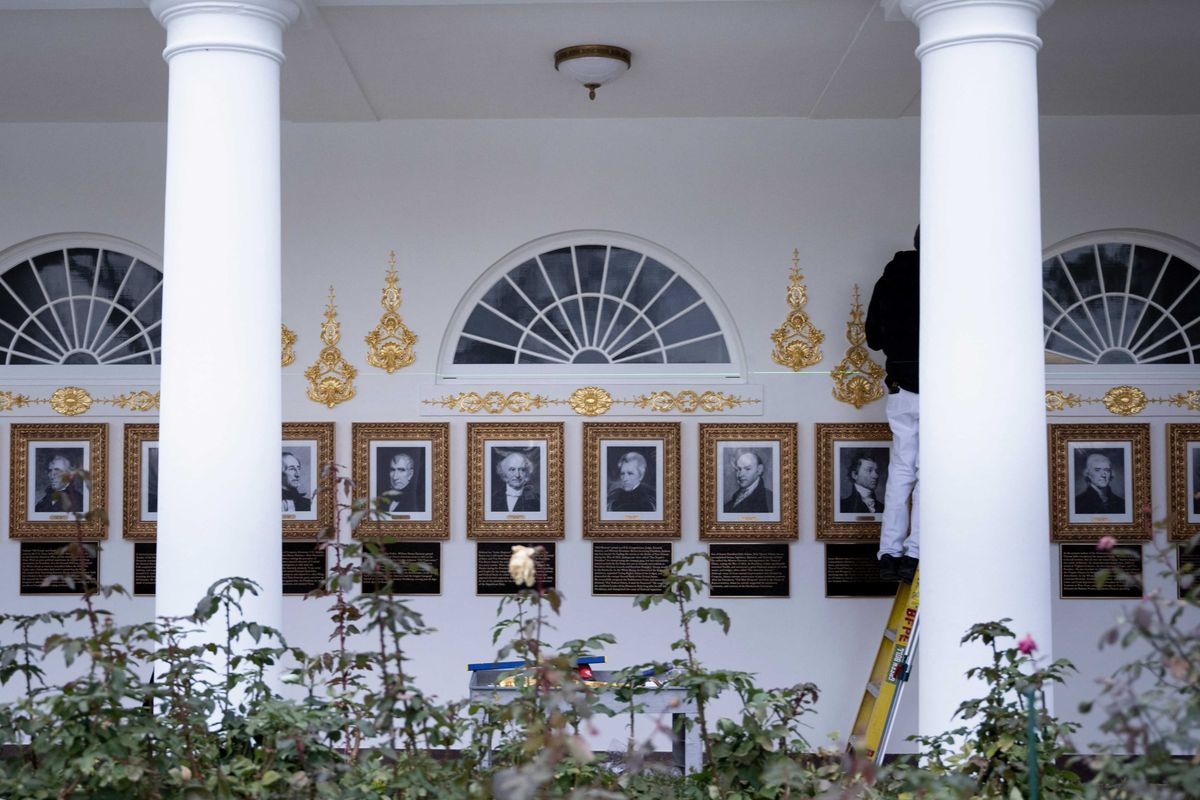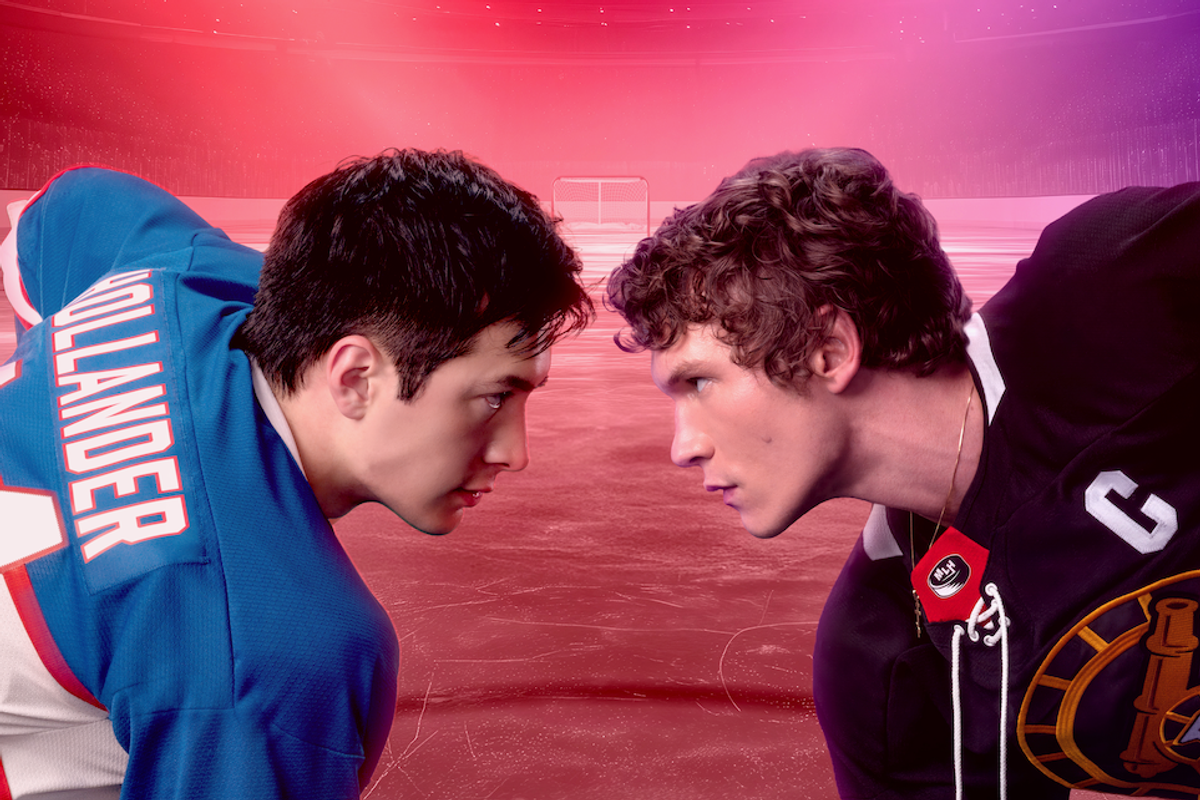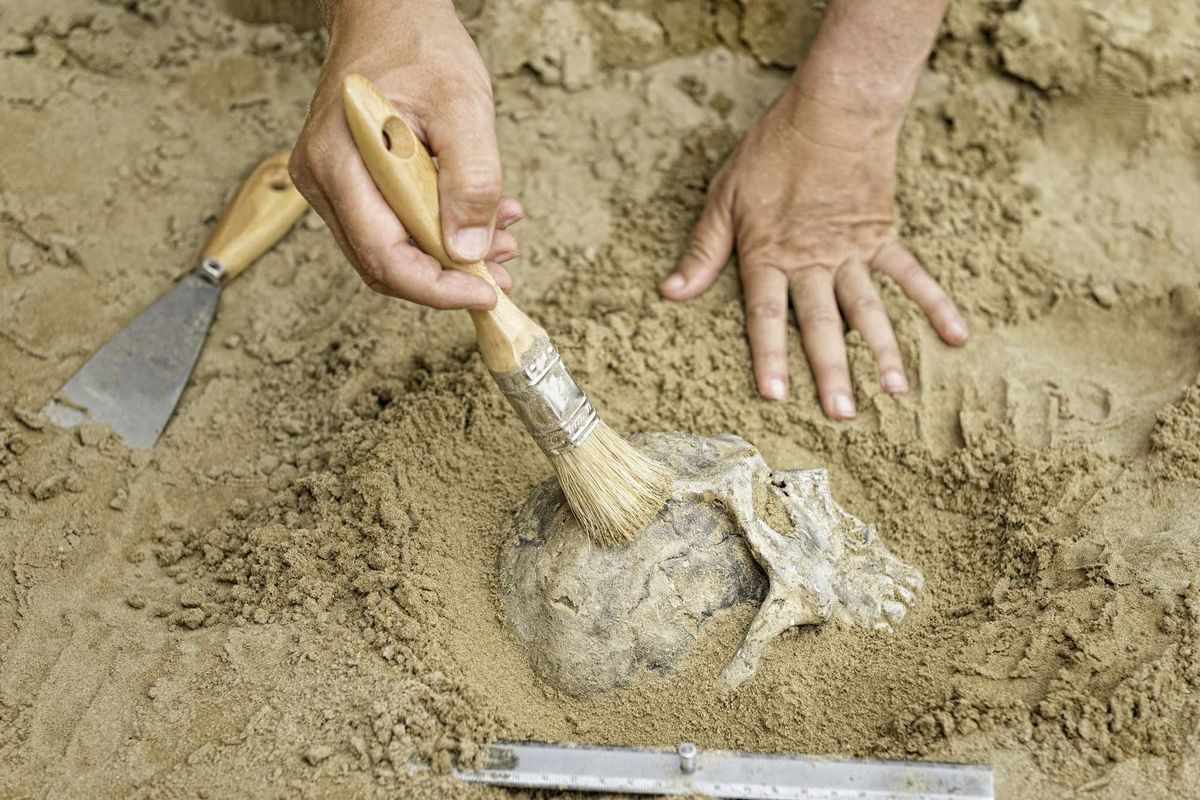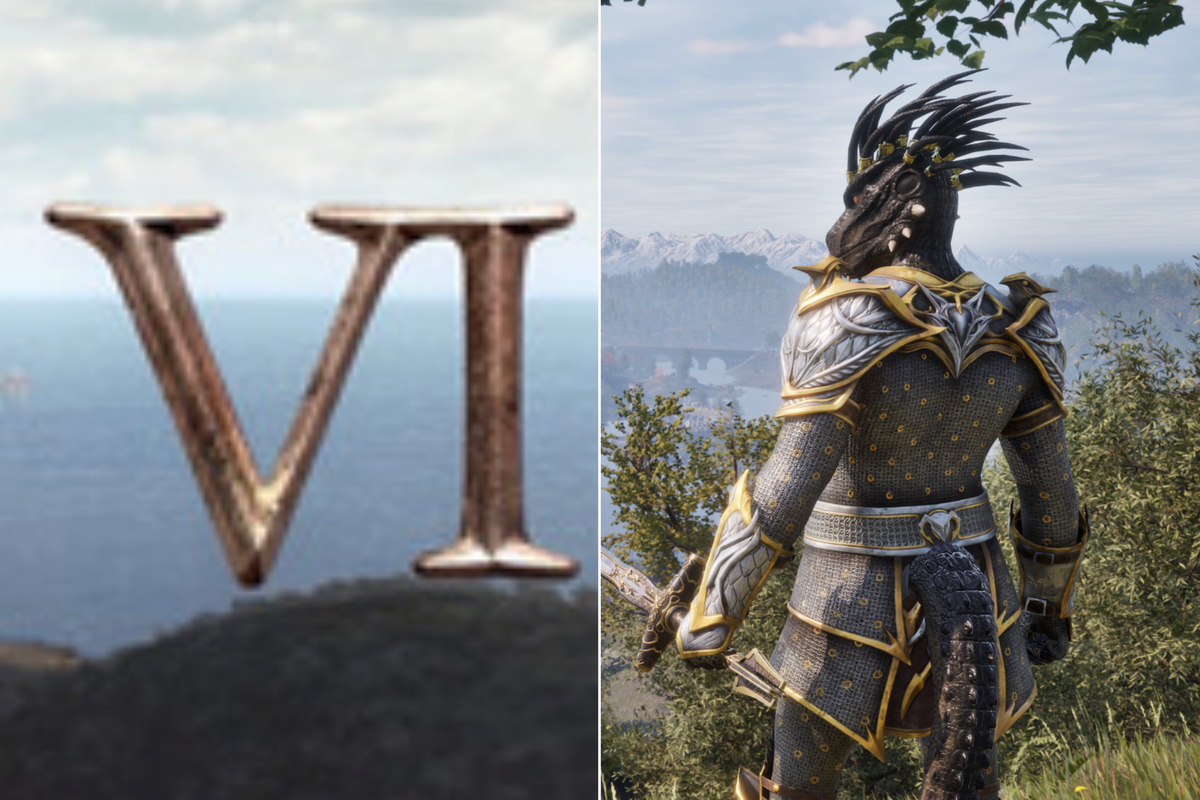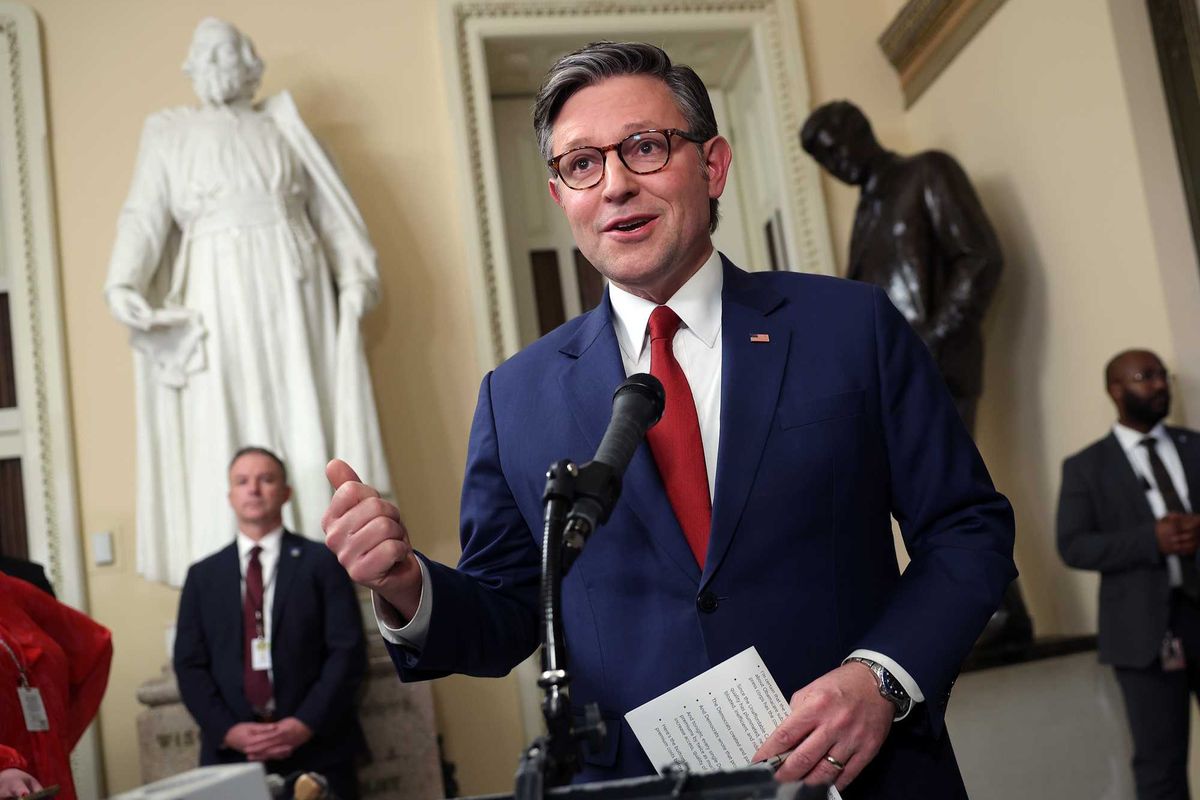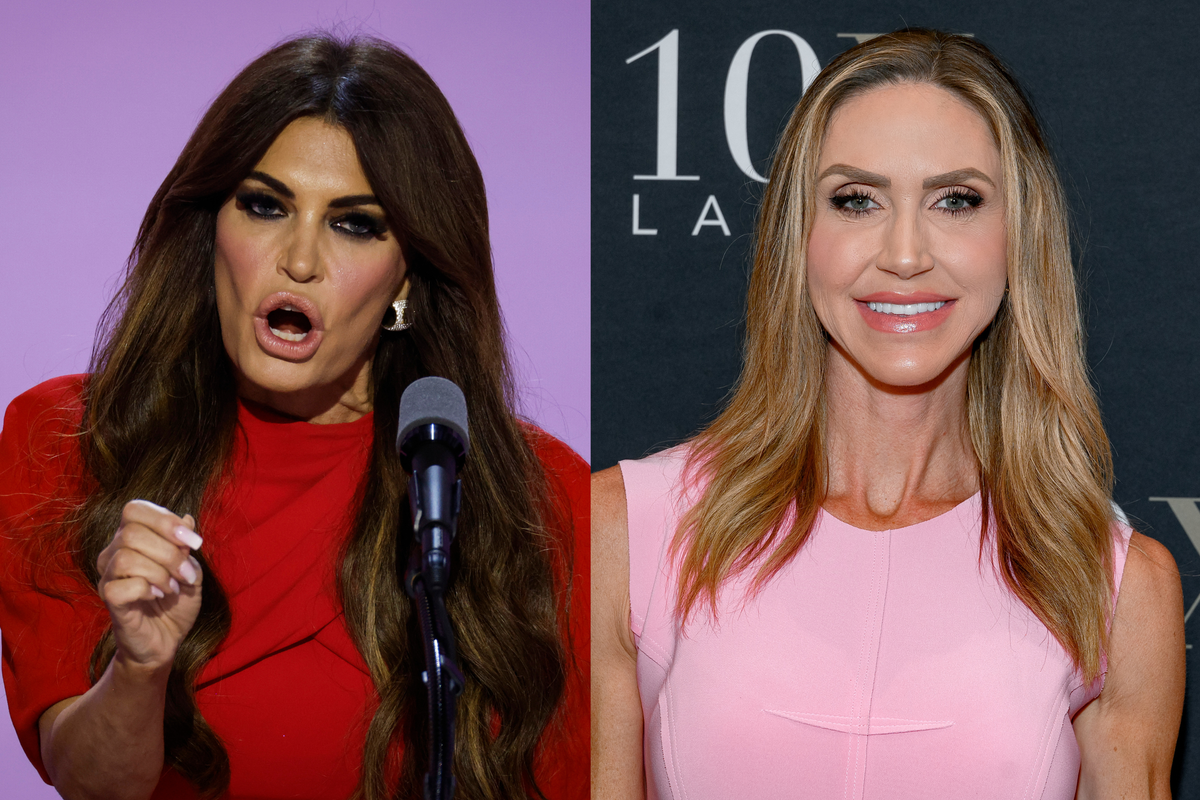News
Narjas Zatat
Jul 08, 2018
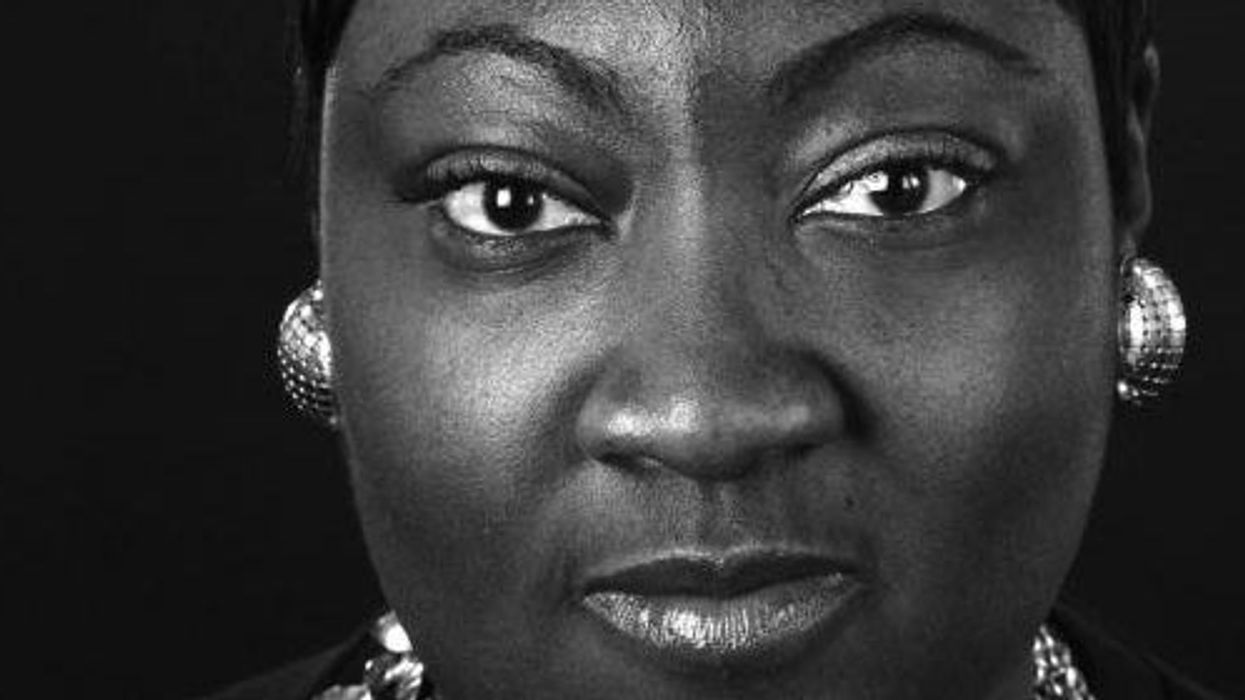
Picture:
AJAMU
What is UK Black Pride?
"The essence of UK Black Pride is about celebration, protest, unity – a safe space," Phyll Opoku, the co-founder of the annual celebration tells indy100.
Inclusion is absolutely key, for UK Black Pride. It’s about making sure that our brothers and sisters and siblings across the waters and here, whether you’re from Bangladesh, Pakistan, whether you’re Afghanistan, Iraqi, whether you’re Nigerian, Ghanaian, Zimbabwe, Uganda, you know that this is a place for you that’s safe, where you belong, where you feel supported, where you can just celebrate who you are and see other people that look like you, feel like you.
‘Lady Phyll’ as she is often fondly called – a tongue-in-cheek reference to the time she turned down an MBE in protest at LGBT+ persecution by ‘colonial regimes’ – is putting the final touches to UK Black Pride.
The free event, which will take place on 8 July in Vauxhall’s Pleasure Gardens is an annual celebration attended by thousands of people, particularly ‘Black LGBT+ people and allies’.
A nod to the many cultures and ethnicities that inhabit London and the UK, this year’s theme is all about the ‘shades of the Diaspora’.
Since its inception in 2005, UK Black Pride has been dedicated to creating a space for Black and Minority Ethnic (BAME) members of the LGBT+ community - those who are often discriminated against.
A recent report by Stonewall confirmed that racism is rife, even within the LGBT community: 51 per cent of BAME LGBT people experience discrimination within their local LGBT network.
I certainly welcome the Stonewall report. It is our everyday lived experience.
The event has been running for 12 years, and in that time many things have changed: the first UK Black Pride was ticketed, and had a small marquee with a DJ.
'It was like a couple of coaches going down to South End, it was a ticketed event, people had to pay, we had a small little marquee which had DJs and music playing and dancing,' Opoku recalls.
That was like 200 [or]300 people.
With thousands of people attending every year and a host of performances and talks delivered by activists and musicians and writers – it is a different beast altogether.
And it’s all the better for it.
This year we’re going to be having workshops – a wellbeing space – which will allow trade unions to deliver a workshop on being a trans ally, we’ll have Jide McCaulay from the House of Rainbow [an inclusive religious community welcoming all people including sexual minorities and those who come from marginalised communities] talking about sexuality and faith and belief.
There’s a number of workshops taking place and people giving presentations, whether it’s on prep, or mental health stigma within the BAME LGBT community.
Part of the wider Pride network, UK Black Pride ‘not a separatist movement’:
"We are part of the pride movement and part of the pride family, we just happen to be really trying to embolden and give power to and support a community which has been desperate and fragmented and hasn’t had the same access to particular privileges and advantages and that rings true from everyday life, economically, financially, education, health, wealth, you know that rings true".
You sometimes see our blackness and other people of colour before you even know or understand our sexual orientation. We’re not just LGBT and we’re not just black people.
I’m looking forward to sharing space with so many people that want to celebrate who they are, that want to tap into those who have a shared commonality with them and that just want to be and own their pride.
Will you be going to UK Black Pride?
More: UK Black Pride founder 'Lady Phyll' talks diversity, white privilege and Black Panther
Top 100
The Conversation (0)
